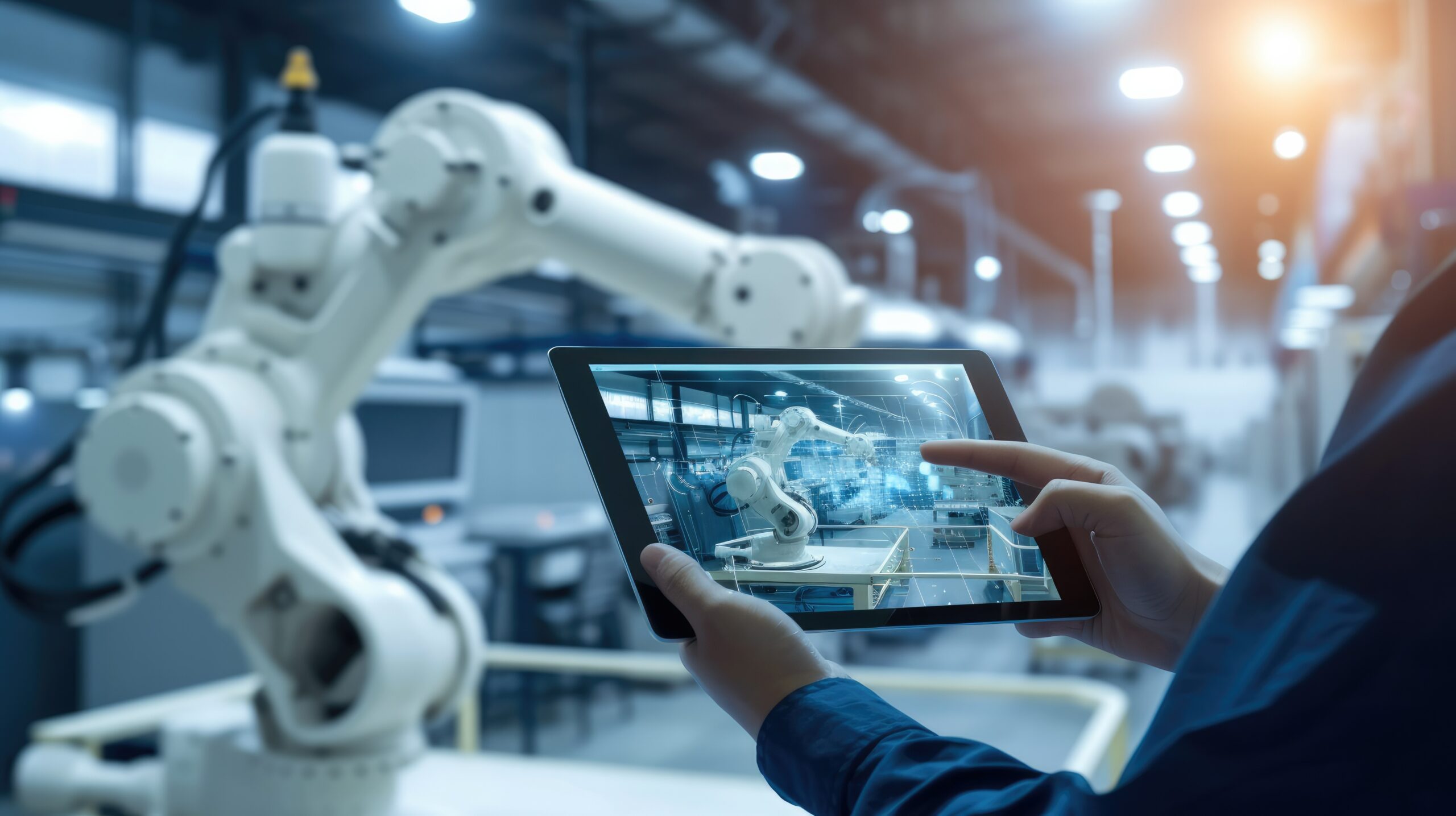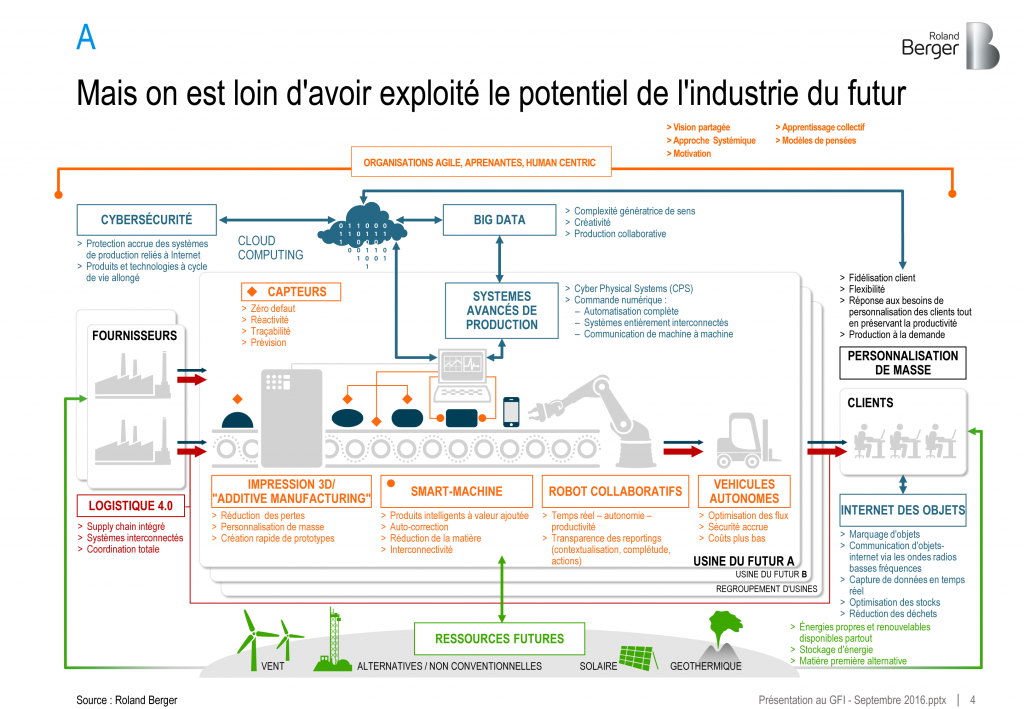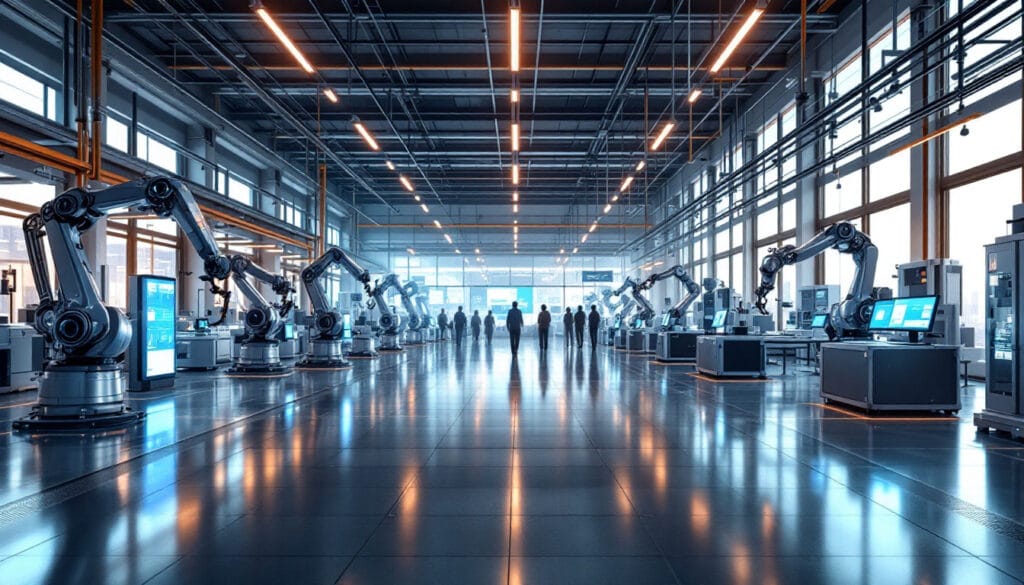Digital transformation appears as the catalyst that makes Industry 4.0 accessible to today’s manufacturers. Nearly 76% of manufacturers in North America and Europe have undertaken digital strategies, marking a shift towards modern data-driven production. By diving into the complexity of manufacturing operations, this transformation promises to optimize processes while raising new challenges. Yet, each obstacle overcome brings industrial companies closer to realizing this promising technological future.
Digital transformation plays a crucial role in accessibility to Industry 4.0. According to a recent study, nearly 76% of industrialists in North America and Europe have initiated digital strategies, and about 26% have completed their digital transformation initiatives. However, navigating the supply chain remains complex for 70% of manufacturers due to the economic landscape and a lack of operational visibility. Recommended solutions to enhance resilience include diversifying suppliers, strengthening partner relationships, and increasing inventory levels. Despite the growing interest in using artificial intelligence and data-driven strategies, the knowledge gap regarding the role of Manufacturing Execution Software (MES) platforms remains a hindrance, even though their integration with ERP promises better flexibility and visibility.

Table des matières
Togglethe challenges faced by Industry 4.0
Digital transformation shakes up the industry with the emergence of Industry 4.0. In North America and Europe, nearly 76% of manufacturers have already started their digital strategies. However, 70% find that navigating the supply chain is extremely difficult, mainly due to economic crises and a lack of operational visibility. Despite this, many manufacturers report feeling comfortable with their resilience thanks to supplier diversification and strengthened partner relationships.
the importance of digital tools
Manufacturers are investing in the integration of digital tools to optimize their operations. They are laying the foundation for an innovative industry where artificial intelligence and manufacturing execution software play a key role. In the United States and Canada, the majority believe they are prepared, although 28% have not yet effectively capitalized on these tools. By adopting ERP systems and exploring applications of artificial intelligence, they are tapping into the full potential of Industry 4.0.
an inevitable digital transition
At the intersection of industry and technology, the digital era embodies the future of the manufacturing sector. Overall, the industry places great importance on the use of MES and ERP platforms, thus optimizing flexibility in production and visibility in the supply chain. Surprisingly, studies have shown that a large number of companies have already adopted ERP, but only a portion of them fully integrates MES systems, thus paving their way towards unprecedented efficiency.





